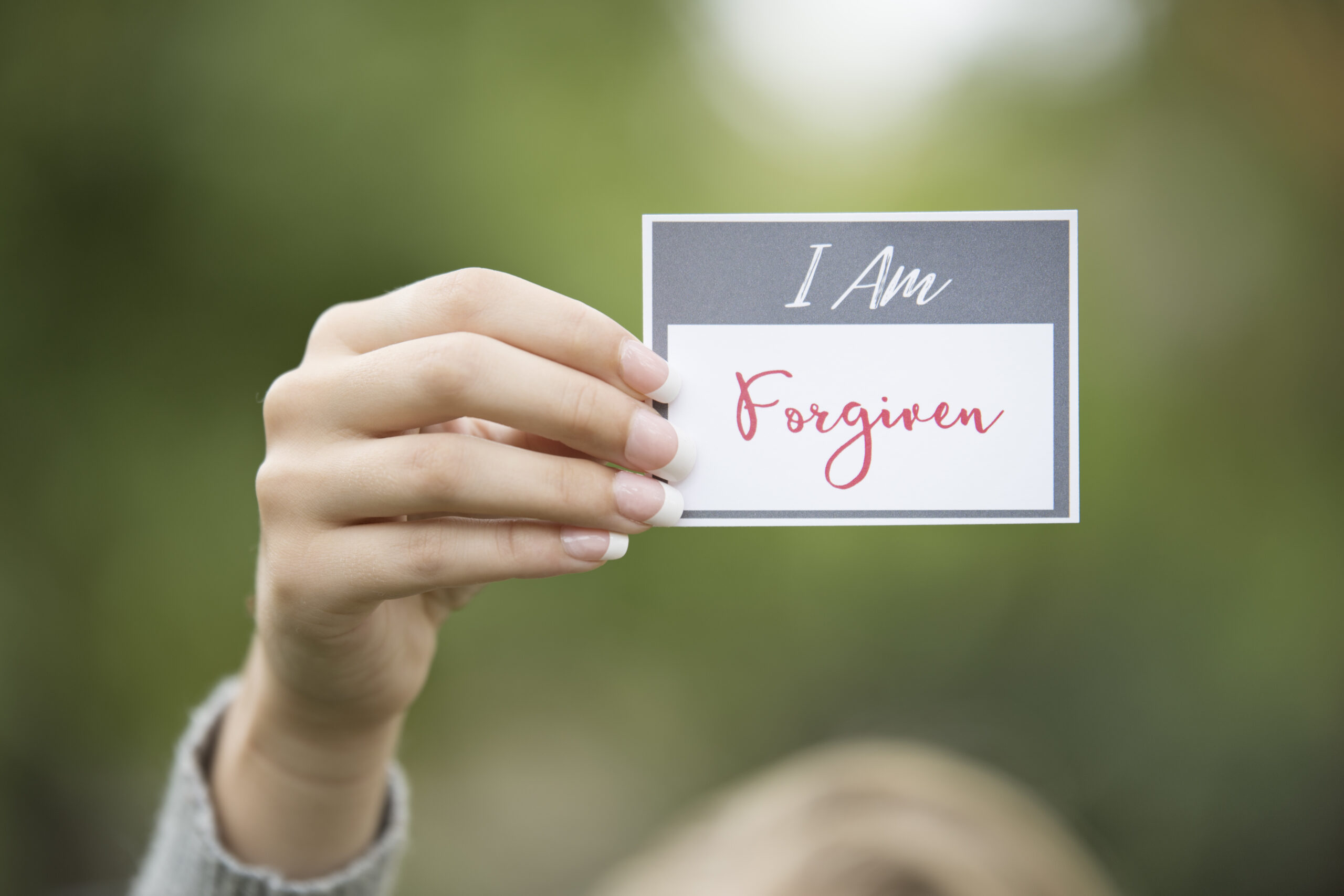

“Self-care” is a term I wish I would have known more about years ago, as it would have saved me a lot of grief and reoccurrances into depression. As an editor for a Christian newsletter publishing company, I wrote about the topic for audiences like foster parents. Self-care made perfect sense for them. But writing about something without actually experiencing it yourself is not the same thing!
Case in point: After years of wondering why I had a difficult time keeping a job, I was finally diagnosed with ADHD and depression twenty years ago. My prescribed medication (Wellbutrin, and later Prozac as well) helped a great deal in terms of improving my mood, concentration, and other positives. It was truly a blessing that worked well most of the time.
And so, four years after my diagnosis, on the trip of a lifetime to Alaska, I was taken aback when I began having a depressive episode that occurred shortly after a friend fell and injured her ankle while on a whale-watching excursion. It was a cruel reminder to me that, even with medication, it was still possible to experience depression. I’ve never been good at faking it, so my wife and friends could not figure out why I was not having a good time. I told them it was due to not getting enough sleep. That was partly true, but I knew there was more to it than that. Sure, I crawled out of it, but it likely took nearly a day. That’s a long time when you’re supposed to be on vacation.
Marina London, LCSW, explained what was going on in my book, Climbing Out of Darkness: A Personal Journey into Mental Wellness. “Depression is an illness. Just like your friend’s ankle was not going to stop hurting because you were on the trip of a lifetime, neither was your depression,” London wrote. “Sometimes medications stop being effective. The fix can be as simple as increasing the dosage. In addition, and ironically, vacations can be stressful in their own way, unfamiliar, rushed, even strenuous at times.”
But it was the “for no apparent reason” depression I experienced in Alaska that caught me off guard. While depressive incidents weren’t common, I had no idea why they occurred nor what to do about them when they did happen. Since I was feeling better most of the time, I did not think a lot about my episodes. But years later, in May 2017, we had to have our beloved Maltese, Baxter, put down, and the resulting grief and depression took me the rest of the year to get through. The experience shook me to the core as I thought I was over major depression! Marina said in my book I was probably experiencing prolonged grief disorder. Perhaps personal therapy would have helped me get over it sooner. But I never thought about pursuing it.
I was desperate for coping strategies, so when a friend asked me to join a local Fresh Hope group, which I knew nothing about at the time, I gladly accepted. The following are among the coping strategies I’ve learned in Fresh Hope, as well as a few on my own.
* We have the choice of getting better or getting worse. I loved the fact that Fresh Hope meetings weren’t pity pots in which we did little but complain about our afflictions. The “Therefore, I choose” phrase in the tenets was a crucial phrase I had not thought of before.
* We’re all going through something. Learning about other people’s troubles in a group setting is a comforting reminder that we are not alone in our struggles. In fact, I’ve found that listening to the struggles of others helps me to realize that maybe my problems weren’t as big as I thought they were.
* Learning about radical acceptance has helped me a lot. We discuss self-care strategies periodically in our meetings, and “radical acceptance” has been the most useful lesson for me. Before that, when I was depressed, I was simply told “get over it,” but no one ever explained to me how to get over my challenge! In understanding this concept, I came to realize there are many things in life we don’t agree with, or wish were different, but “it is what it is” and we have to learn to accept it. “Accept” is not the same thing as “agree.” You can accept what someone says without agreeing with them. Consider: It’s Wednesday, and since I’m not having a good day (some unexpected bills came in the mail), I was really looking forward to Fresh Hope on Thursday. Except the forecast was for 3-5 inches of snow, so our group facilitator cancelled. The bad news made my awful day even worse. Or did it? I was allowing my thoughts to choose me, instead of me choosing my thoughts. As Dr. Caroline Leaf says, the average person has more than 30,000 thoughts a day! Thus, negative thoughts have the potential to turn any given day inside out. Instead of stewing about the news, I could have done something more positive, like read a hopeful scripture or listen to a particularly inspirational song.
* Consider personal therapy. While Fresh Hope has been very beneficial, there are some occasions when a more one-on-one setting can be useful as well. Group settings just don’t always offer enough personal time when one is really troubled. As a result, I have a therapist through my health insurance that I see periodically when something is really bothering me.
* Don’t overlook exercise, music, prayer or other possibilities. What are you doing when you feel really alive? Whatever it is that truly motivates you is something you should be doing more often regardless of what it is. As one example, I think a lot of people overlook the mental as well as physical benefits of exercise. There is a good reason why doctors recommend that people suffering from anxiety or depression pencil in gym time. During workouts, the body releases multiple hormones, including endorphins and serotonin. These hormones naturally help improve mood, cognition, and concentration. When I was depressed about losing my dog, riding my bike was very therapeutic. Sure, getting on it wasn’t always easy, but I always felt at least a little better afterward. Maybe music is more your bag. Since we often feel music as much as we listen to it, I’ve found that favorite tunes will often lift me out of a funk. Or what about reciting a favorite scripture? Proverbs 3:5-6 is encouraging for me.
The point is, whether it’s a simple walk around the block, a 3-mile bike ride, or prayer time with the Lord, be sure and do something when you’re depressed. I know getting my mind off depression or anxiety, if even briefly, will help me feel better. Self-help strategies like these are well worth your time to try out.
Mike Jacquart belongs to a Fresh Hope support group and the author of “Climbing out of Darkness: A Personal Journey into Mental Wellness.” https://www.amazon.com/Climbing-out-Darkness-Personal-Wellness/dp/B0BQ58KJH4 A retired magazine editor, Mike enjoys sharing his story of “pushing through” on blog posts, podcasts, and other presentations. For more information, contact him at michaeljacquart8@gmail.com.






